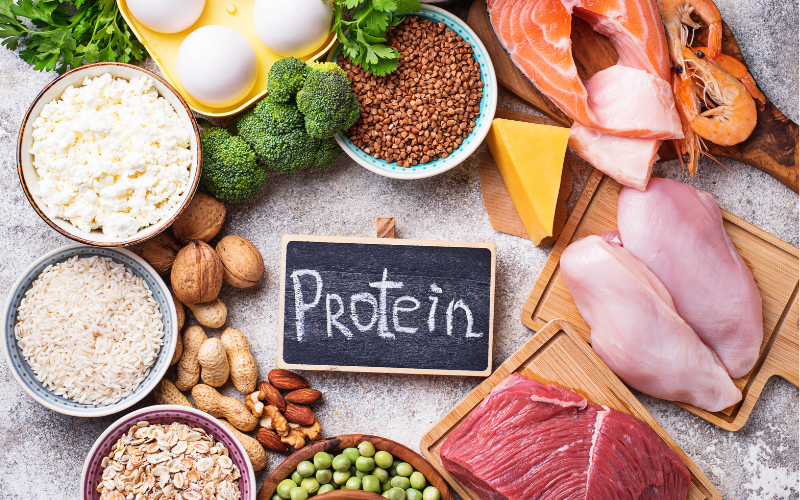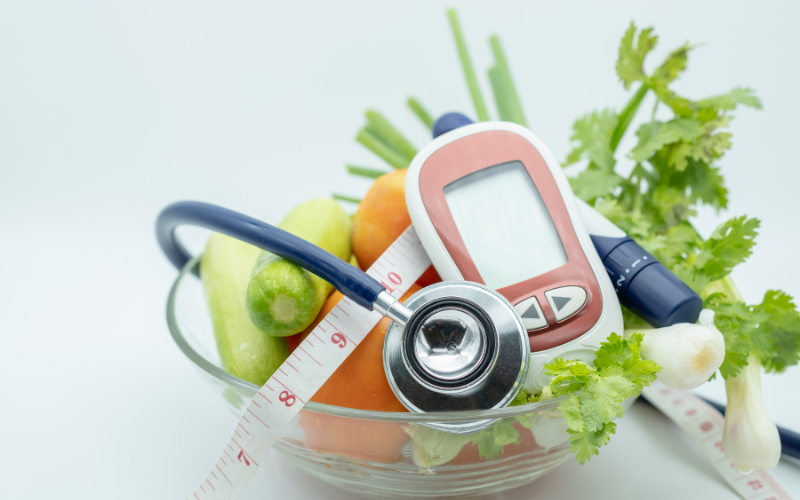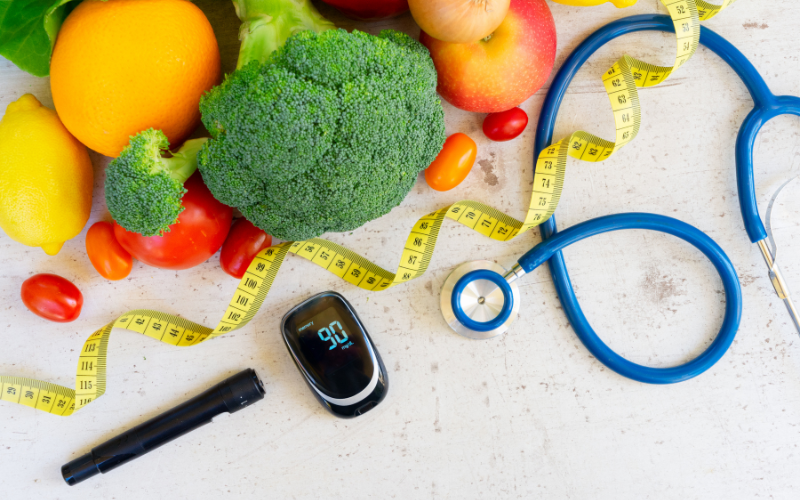Zoe Bingley-Pullin: Hormonal imbalance. How to balance hormones with food

The role of hormones
Hormones are chemical messengers that carry signals from one part of the body to another. Some well-known ones are insulin, melatonin, cortisol, adrenaline and testosterone, though there are over 200 altogether. They are made, stored and released by our endocrine system and it’s their job to regulate the activity of cells or organs throughout our body.
Hormones control a variety of functions including mood, growth, appetite and weight (metabolism) and sexual development and function. Whilst we will all experience periods of natural hormonal fluctuations in our life, hormonal imbalance can also occur when the endocrine glands are not working properly. Correcting this is important as hormonal imbalances can lead to a range of serious health issues such as obesity, diabetes and heart disease to name a few. If you're specifically after info on hormonal changes and/or weight gain relating to peri menopause or menopause, you'll find some useful advice here, The wonderful world of menopause.
In this article I’ll cover tips on how to balance your hormones but firstly, let’s explore some of the early signs that your hormones may be out of whack.
Signs of hormone imbalance
Initial clues of hormonal disturbance are usually small niggly complaints – biological functions that you would otherwise take for granted. Examples are poor sleep, irregular body temperature or sweating, fatigue, fluctuating heart rate, bloating, unexplained weight gain or loss (or the inability to lose weight), changes in appetite and metabolism, infertility, lack of libido, skin rashes, brittle hair or bones, headaches, poor concentration, increased thirst, moodiness, anxiety or depression.
If you suffer from some of these issues, or a collection of them, then it may be your body’s way of giving you a hormonal wake up call. If that’s the case, it’s a good idea to speak to your health practitioner. Also read on for my nutrition and lifestyle tips that could help.
How lifestyle factors contribute to imbalance
Hormonal imbalances have become increasingly common in today’s fast-paced world. Some factors such as age trigger a decline in hormones that you can’t control, but there are a number of lifestyle aspects that are within your power to change. Poor nutrition is number one (more on how to turn that around next…).
Other contributors include being overweight, obese or having an eating disorder; conditions such as diabetes, hypo or hyper-glycaemia, allergic reactions or infections too. And lastly, things like long term stress, exposure to toxins or using birth control medications can all play havoc with your hormones.
8 top tips for balancing hormones with food
While poor nutrition is a primary potential hormone disruptor, eating a nutritious diet is conversely the most important key to hormonal balance and good health overall. If you suspect your hormones are off kilter, try following these nutrition tips:
- Eat protein at every meal – good quality protein breaks down into amino acids which are used to create hormones. Protein acts on hormones called ghrelin and leptin, which helps you feel fuller, reduces hunger and improves appetite control.
- Eat plenty of fibre – those that eat a high fibre diet are more likely to have better insulin sensitivity and control over hunger and appetite.
- Eat healthy fats – good fats help to control appetite and improve insulin control as well as boosting oestrogen and testosterone. Heathy fats include omega 3s, monounsaturated and polyunsaturated fats such as in fatty fish, olive oil, nuts, seeds and avocado.
- Eat cruciferous vegetables – they have high levels of phytochemicals that can assist with hormone balance. Examples are kale, cabbage, broccoli and cauliflower.
- Eat antioxidant rich foods – such as berries, leafy greens, herbs/spices, capsicum, tomato, sweet potato and carrot.
- Eat phytoestrogen foods – these are foods that contain natural, plant based compounds that mimic oestrogen and can help balance hormones. Examples are flax/linseeds, legumes, sprouts, miso, tofu, barley, rice and oats.
- Avoid sugar and processed carbs – as these foods drive insulin resistance and impact metabolism, weight gain and mood.
- Watch portion sizes – overeating (or undereating) can lead to hormone imbalances impacting your weight.
Lifestyle tips to support hormone balance
There are other elements of your lifestyle that can positively affect hormone balance and I’ll focus on the three most important ones here.
For a start, you need to reduce your stress. Everyone is busy and stretched these days so the important thing is to learn stress management techniques to help you lower your cortisol and adrenaline levels. Stress has been linked to weight gain, which puts you at greater risk of diabetes, heart disease and stroke. Ideas are meditation, yoga, walking the dog, getting into nature, reading or listening to music.
Secondly, exercise regularly (and particularly outdoors). A mix of strength and cardio movements will help to improve insulin sensitivity; boost testosterone; reduce adrenaline and cortisol and stimulate endorphins. Exposure to daylight will help to modulate melatonin which regulates our body clock.
Thirdly, to help get your hormones back on track, prioritise your sleep. Poor quality or quantity of sleep is linked to many hormone issues including those that regular appetite, stress, growth and insulin control.
A final word on balancing hormones
Your hormones are often overlooked but they shouldn’t be as they are involved in every aspect of your health. For your body to function optimally, you need to have your hormones balanced and in very specific amounts. Unfortunately hormonal imbalances may increase your risk of serious health problems such as obesity, diabetes and heart disease, not to mention lots of little bodily complaints that impact your day to day life.
Some factors are beyond your control, however, there are many things you can do to help correct hormone imbalances. Eat a healthy diet is the single most important factor but one that many people struggle with. If you need help improving the quality of your diet, I recommend Dietlicious meals as a great way to get you on track. All their healthy meals and range of meal plans meet the brief for being healthy and unprocessed; portion controlled; containing healthy fats, fibre and antioxidants; and being low in sugar. I wish you luck in your quest for beautifully balanced hormones that improve your quality of life.
Check out Dietlicious' Anti Inflammatory Diet to see if it's right for you.






